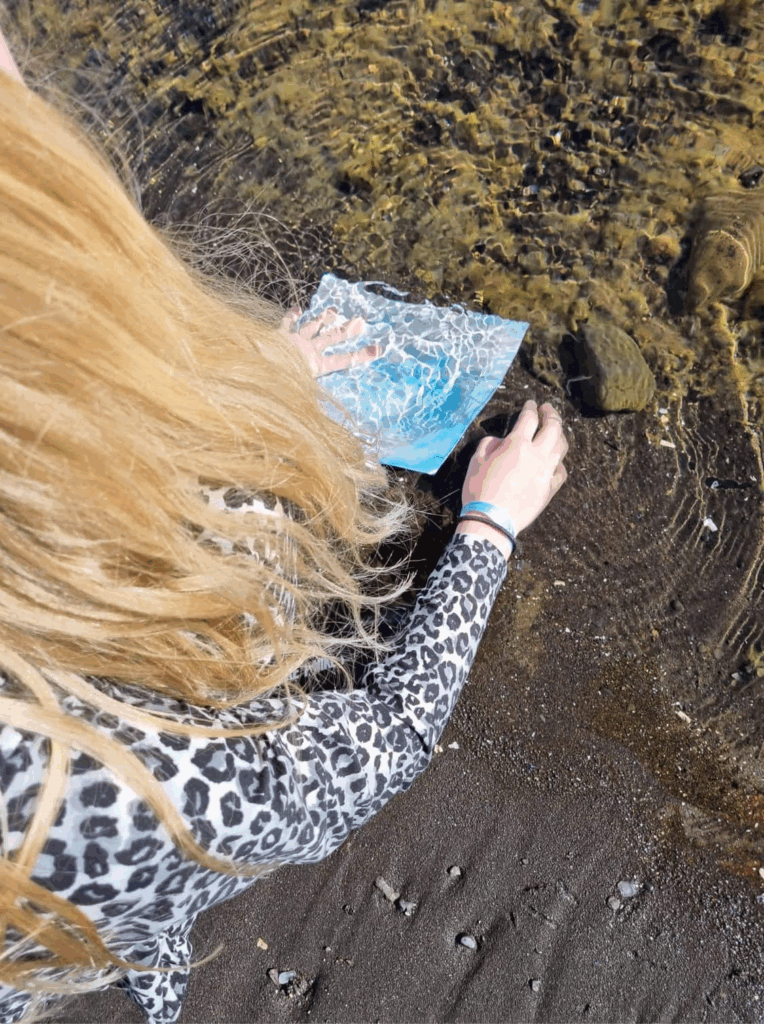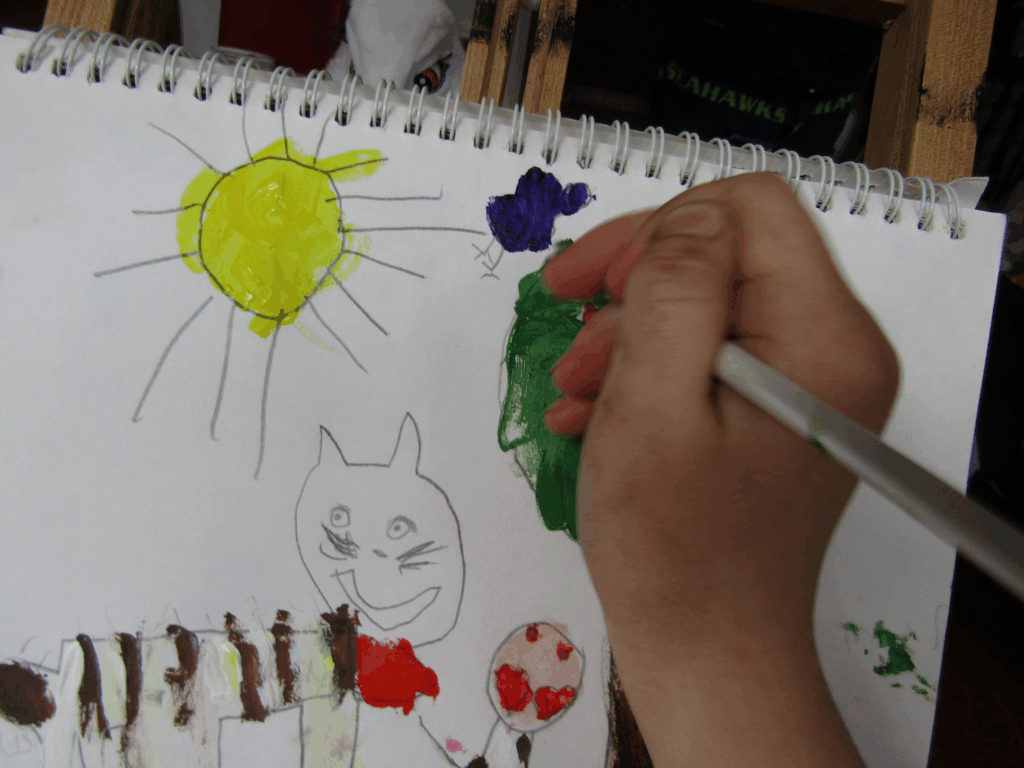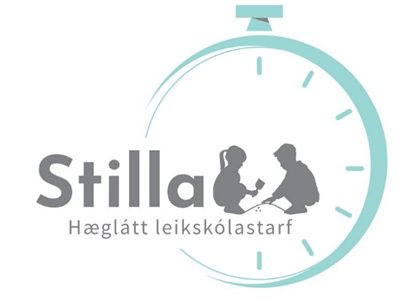EECERA Conference 2025 – Guest Blog # 9: Reclaiming Time in Early Education
Posted 7th August 2025
One of a series of short blog posts by presenters who will be sharing their work at the upcoming annual conference in Bratislava, Slovakia. Any views expressed in this post are those of the author(s) and do not necessarily reflect the official stance of their affiliated institution or EECERA.
Reclaiming Time in Early Education: Leadership Lessons from Icelandic Preschools
By Kristín Dýrfjörð & Anna Magnea Hreinsdóttir

What happens when leaders slow down the tempo of early childhood education? How can preschool leaders foster environments where children’s rhythms, rather than the clock, shape the day? These are questions we explored in our recently published article, Paving the Way for Slow Pedagogy: Leadership Lessons from Icelandic Preschools, in the European Early Childhood Education Research Journal (2025).
Our article draws on a three-year action research project across four Icelandic preschools that participated in the Stilla development project. At the heart of this work was a commitment to slow pedagogy – an approach inspired by the writings of Alison Clark and Carl Honoré, which emphasizes unhurried time, presence, reflective practice, and the child’s right to linger in play, wonder, and relationships.
Why slow? Why now?
Globally, early childhood education is increasingly shaped by time pressures, documentation burdens, and schoolification trends. In the Nordic context, including Iceland, preschools have traditionally prioritized child-led, play-based learning. However, in recent years we have seen growing concerns about fragmented schedules, rising emphasis on “readiness,” and mounting administrative expectations.
Against this backdrop, our study focused on how leadership and school culture can either support or constrain slow practices. Through interviews with preschool leaders, we asked: How do leaders support the implementation of slow pedagogy? We explored the concrete actions leaders take – such as fostering professional reflection and making time visible and flexible – and the tensions they navigate between autonomy, collaboration, and institutional demands.
Key insights from the study
We identified three interwoven elements of leadership that support slow pedagogy:
- Setting the tone: Leaders articulated clear values and adjusted daily structures to allow for extended, child-directed play. For example, educators moved away from rigid schedules, allowing children to finish dressing at their own pace or continue rich indoor play while others went outside.
- Fostering reflective culture: Through regular team conversations and pedagogical documentation, leaders nurtured a climate where educators could critically reflect on practice, name existing slow elements, and deepen shared understanding.
- Creating sustainable structures: Leaders worked to embed slow pedagogy into the school climate, ensuring that it was not dependent on individuals, but co-owned by the entire team. They embraced professional autonomy while encouraging collective responsibility.
Our broader research perspective

work is a part of a wider research and development trajectory in Iceland that seeks to reclaim professional agency and child-centeredness in early education. Alongside our previous studies on children’s lived experience of time in preschools (e.g. Dýrfjörð et al., 2023), we are currently studying how pedagogical documentation, digital tools, and creativity intersect with slow, meaningful learning.
We view leadership not just as a role or position, but as a relational and ethical practice. Especially in times of accelerating demands and policy pressures, reclaiming slowness is a form of pedagogical resistance – one that aligns with children’s rights, educator professionalism, and sustainable futures.
Connect with us
You can find the article here:
Paving the Way for Slow Pedagogy

Anna Magnea Hreinsdóttir
https://orcid.org/0000-0003-4923-3879
https://www.researchgate.net/profile/Anna-Hreinsdottir
Kristín Dýrfjörð
https://orcid.org/0000-0003-1559-713X
https://www.researchgate.net/profile/Kristin-Dyrfjord/research
personal web www.laupur.is
Kristín Dýrfjörð & Anna Magnea Hreinsdóttir will present their work referred to in this blog in Symposium Set F (Wednesday, the 27th of August). (Schedule liable to change; please refer to final programme for details).

